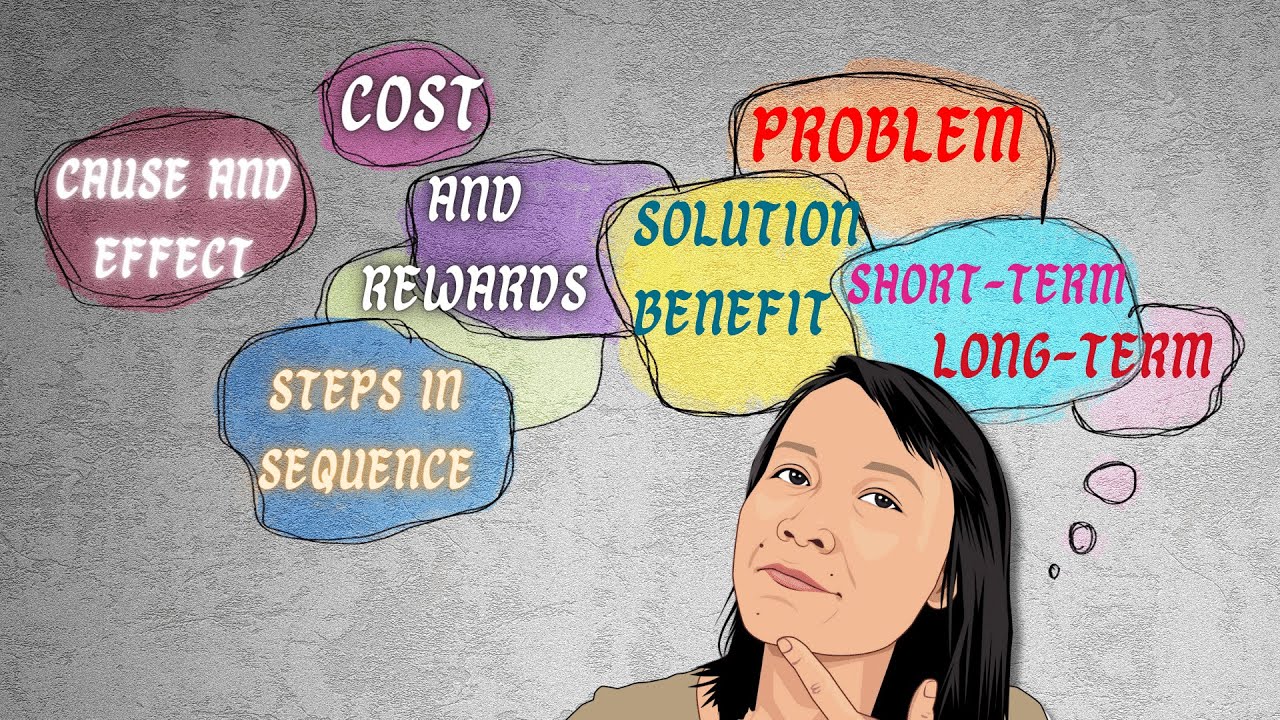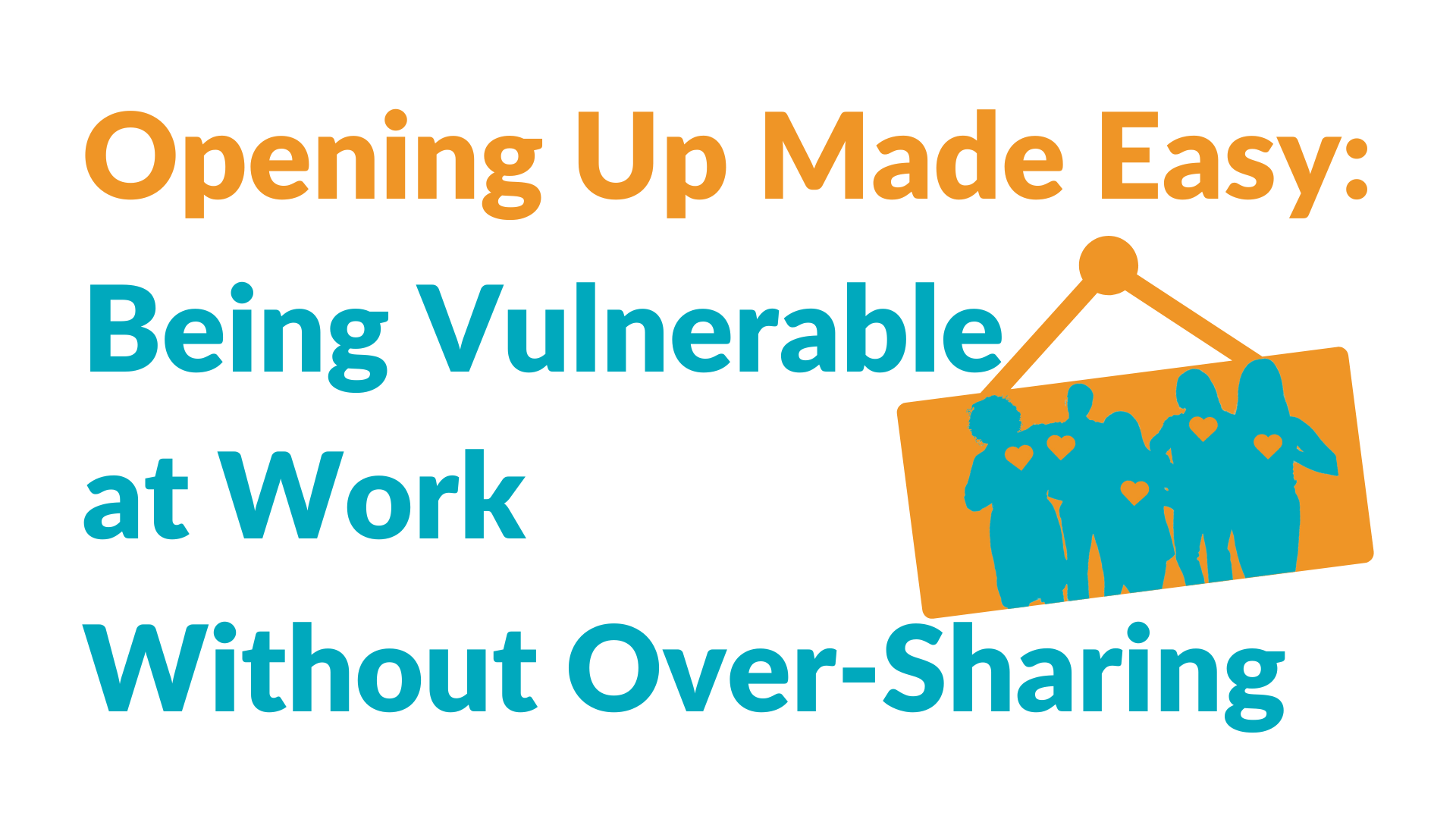Personal accountability is important toour growth and development. It’s more than a concept; it’s a practice that, when effectively applied, can help us achieve our goals. Here are five actionable tips that can transform the way you approach meeting your objectives, whether they’re personal or professional.
1. Schedule Regular Progress Check-Ins:
Start by having someone in your network – a friend, family member, or colleague – check in on your progress. For instance, if you’re saving for something special, have them regularly ask about your savings efforts. Similarly, if you’re learning a new language, have a family member ask about your practice routine. This creates a sense of responsibility and keeps your goal at the forefront of your daily life.
2. Partner with a Goal Buddy:
Find someone who shares a similar goal. This is akin to having a gym buddy who motivates you to show up and work out. When you know someone else is counting on you, it can significantly boost your commitment. This concept isn’t limited to fitness; it applies to any area where you’re aiming to make progress. Maybe you have academic goals. For instance, if you’re both studying for an exam or certification, regular study sessions can keep you both on track.
3. Set Clear Deadlines:
Deadlines can be powerful motivators. When I was writing my book ‘7 Forms of Respect’, I set strict deadlines for each chapter and shared these drafts with my peers for feedback. This method can also be applied to work projects, like committing to a colleague that you’ll complete a part of a joint presentation by a certain date.
4. Introduce a Financial Element:
Add a monetary component to your goals. If you’re trying to reduce screen time, for example, commit to paying a friend every time you exceed your daily limit. Or, if you’re working on punctuality, pledge a small donation to a charity for every time you’re late to a meeting.
5. Reverse the Financial Incentive:
Get creative with financial incentives. Apart from the previous example of paying a friend when failing to stick to a diet, consider a scenario where you’re trying to quit a habit, like nail-biting. If you lapse, your accountability partner contributes to your savings fund. This unusual approach can create an added layer of motivation.
By implementing these strategies, you can enhance your personal accountability in a way that’s both effective and engaging.








Leave a Reply